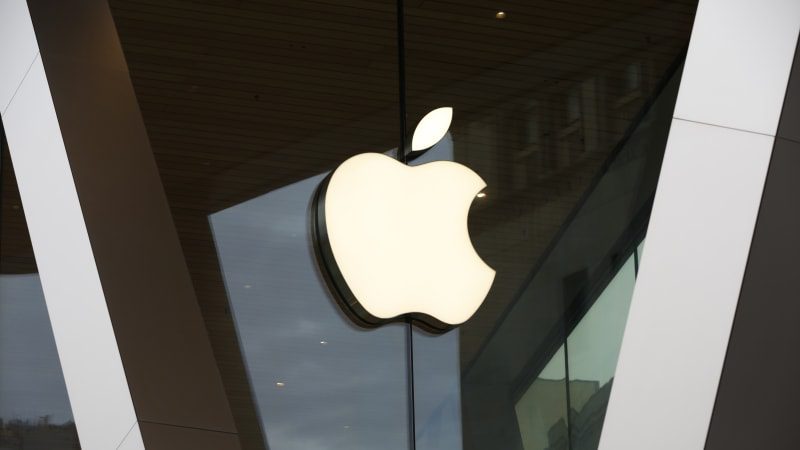U.S. charges ex-Apple engineer with stealing self-driving car secrets for China

WASHINGTON — The U.S. Justice Department said on Tuesday it has charged a former Apple Inc engineer with attempting to steal the firm’s technology related to autonomous systems, including self-driving cars, and then fleeing to China. The case was among five announced on Tuesday aimed at countering alleged efforts to illicitly acquire American technology by nations including Russia, Iran and China. Two of the cases involved what Justice Department officials called procurement networks created to help Russia’s military and intelligence services obtain sensitive technology.
The actions were the first announced by a U.S. “strike force” formed in February in part to keep sensitive technologies away from foreign adversaries, though the investigations were launched prior to its creation.
“We stand vigilant in enforcing U.S. laws to stop the flow of sensitive technologies to our foreign adversaries,” Matt Olsen, the head of the Justice Department’s National Security Division, told a press conference. “We are committed to doing all we can to prevent these advanced tools from falling into the hands of foreign adversaries.”
The former Apple engineer, identified as 35-year-old Weibao Wang, formerly resided in Mountain View, California, and was hired by Apple in 2016, according to an April indictment unsealed on Tuesday.
In 2017, he accepted a U.S.-based job with a Chinese company working to develop self-driving cars before resigning from Apple, but waited about four months before informing Apple of his new job, according to the indictment.
After his last day at Apple, the company discovered that he had accessed large amounts of proprietary data in the days before his departure, the Justice Department said. Federal agents searched his home in June 2018 and found “large quantities” of data from Apple, it added. Shortly after the search, he boarded a plane to China, the department said.
Apple’s automotive efforts, known as Project Titan, have proceeded unevenly since 2014, when the company first started to design a vehicle from scratch. A December report said Apple had postponed the car‘s planned launch to 2026. Reports filed with the state of California show Apple is testing vehicles on the state’s roads.
Apple declined to comment on the case.
Two other cases involved a former software engineer accused of stealing source code from U.S. technology companies to market it to Chinese competitors and a Chinese network created to provide Iran with materials used in weapons of mass destruction and ballistic missiles, the Justice Department said.
Four arrests were made in connection with the five cases, which were brought in New York, California and Arizona. The charges include export violations, smuggling and trade secrets.
Deputy Attorney General Lisa Monaco, the Justice Department’s No. 2 official, in February called the newly formed strike force a joint effort with the U.S. Commerce Department to safeguard American technology from foreign adversaries and other national security threats.
The Commerce Department last year imposed new export controls on advanced computing and semiconductor components in a maneuver designed to prevent China from acquiring certain chips. The United States and a coalition of 37 other countries also imposed export controls on Russia over the past year in response to its invasion of Ukraine.



